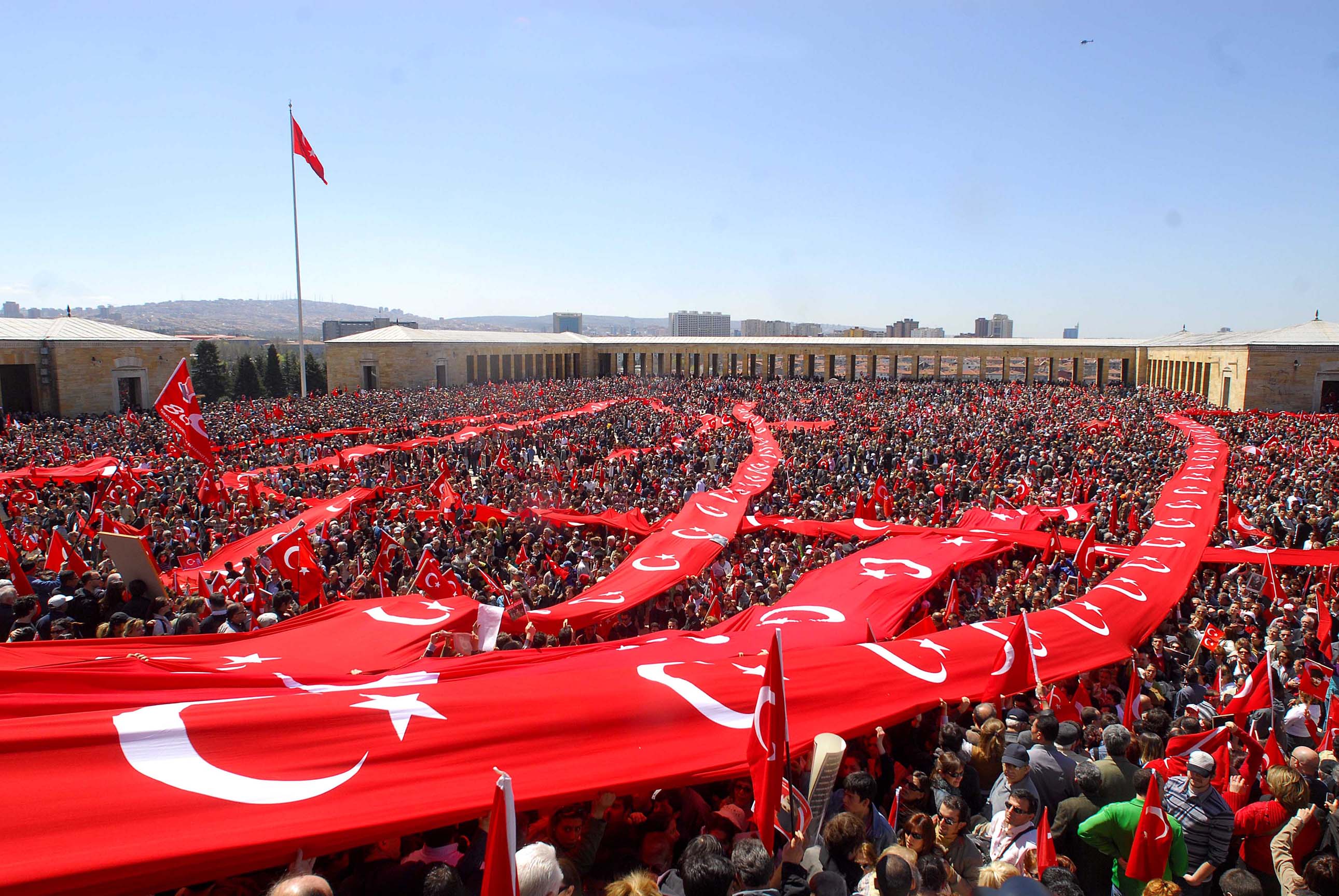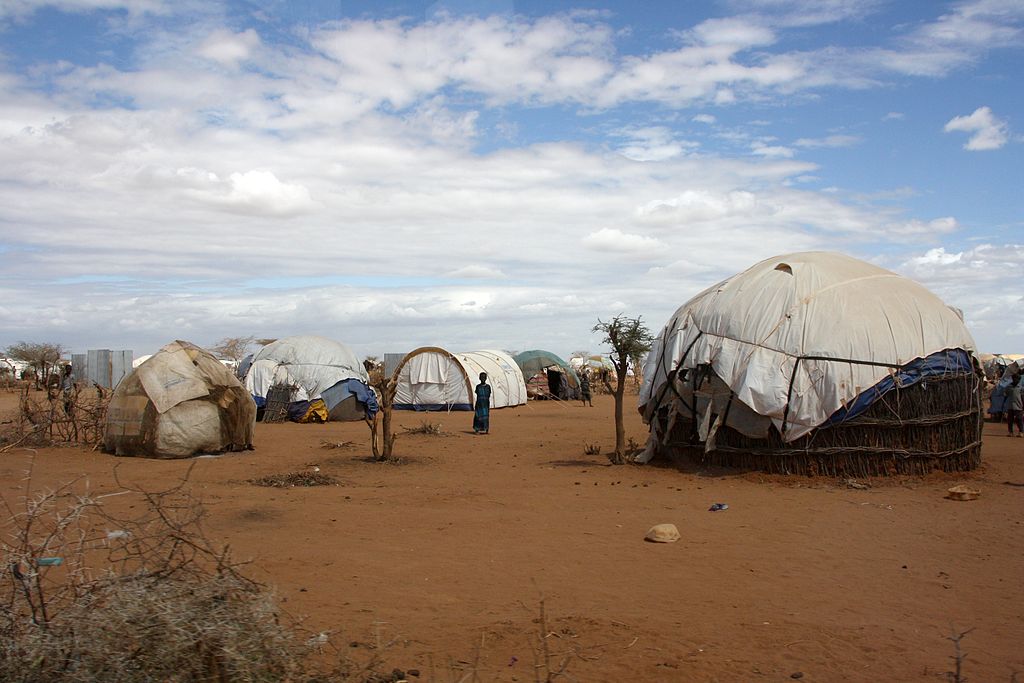Religion seems to be a primary cause of conflict. Conversely, a religious appeal is often useful for rallying support and acquiring allies. Today, some Islamic states specifically seem to be in a constant conflict with Western democratic values. Often, when a state incorporates Islamic law into its system of government, it ceases to be considered “democratic” because certain aspects of that law as outlined in its legal code, Sharia, stand in tension with ideals of liberal democracy. Afghanistan, Iran, Pakistan, and Saudi Arabia are a few examples of such states. Turkey, however, is an example of a country that has successfully established a non-antagonistic relationship between Islam and democracy.
It is extremely important to examine how Turkey has managed to secure such a relationship, and why other Islamic states have not been able to follow suit. Whether or not the above-mentioned countries want to be democracies, one cannot deny that becoming a liberal democracy often helps a country to progress and create a meaningful place in the international global arena. Among many factors that helped Turkey democratize while maintaining a link to Islam, the most crucial was secularism.
In a country whose population is over 90% Muslim, it is surprising to see a separation of Islam and state. The prevalence of secularism played a huge role in Turkey’s democratization. The Cultural Revolution that occurred from 1923-1937, following the fall of the Ottoman Empire, was a critical juncture in Turkish history. Under Mustafa Kemal Ataturk, laicism (secularism) became one of the state’s founding principles. Some of Ataturk’s reforms included various constitutional amendments, such as one in 1928 that removed Islam as the official state religion.
Secularism in Turkey did not simply mean the separation of state and religion; rather, it referred to the regulating of religion in the public arena. Religion itself was not put down; its influence and presence in public and political life was restricted. On a recent visit to Istanbul, I couldn’t help but notice the abundance of mosques all over the city. The call to prayer, projected throughout the streets on loudspeakers, is also heard five times a day. Islam has not, therefore, been eliminated from society. The country has managed to find a balance, as religion continues to have a presence in public life.
It is important to note that the Turkish state, since 1987, has consistently expressed a desire to become a member of the EU. By advocating their intent to join the EU, the state is not only acknowledging the importance of EU member states as allies, but is also pointing attention to the fact that their ideologies align.
Countries like Iran and Pakistan are generally not considered democratic and the reason ultimately comes down to their intense integration of religion and politics. Upon modernizing, Turkey was able to embrace democracy by implementing a secularist ideology, and it is imperative for other countries in the Islamic world to consider the benefits of following suit.
To authorize any religion as the official state religion, whose leaders have the power to regulate laws and prosecute offenders, whether it is Islam, Christianity, or Judaism, is unjust. Even in cases where the majority of the population does identify as Muslim for example, the state is essentially discriminating against all other religious minorities. Encouraging secularism is by no means an infringement of one’s right to practice religion; rather, secularism encourages equality for all religions by ensuring that no one religion is above the rest.





